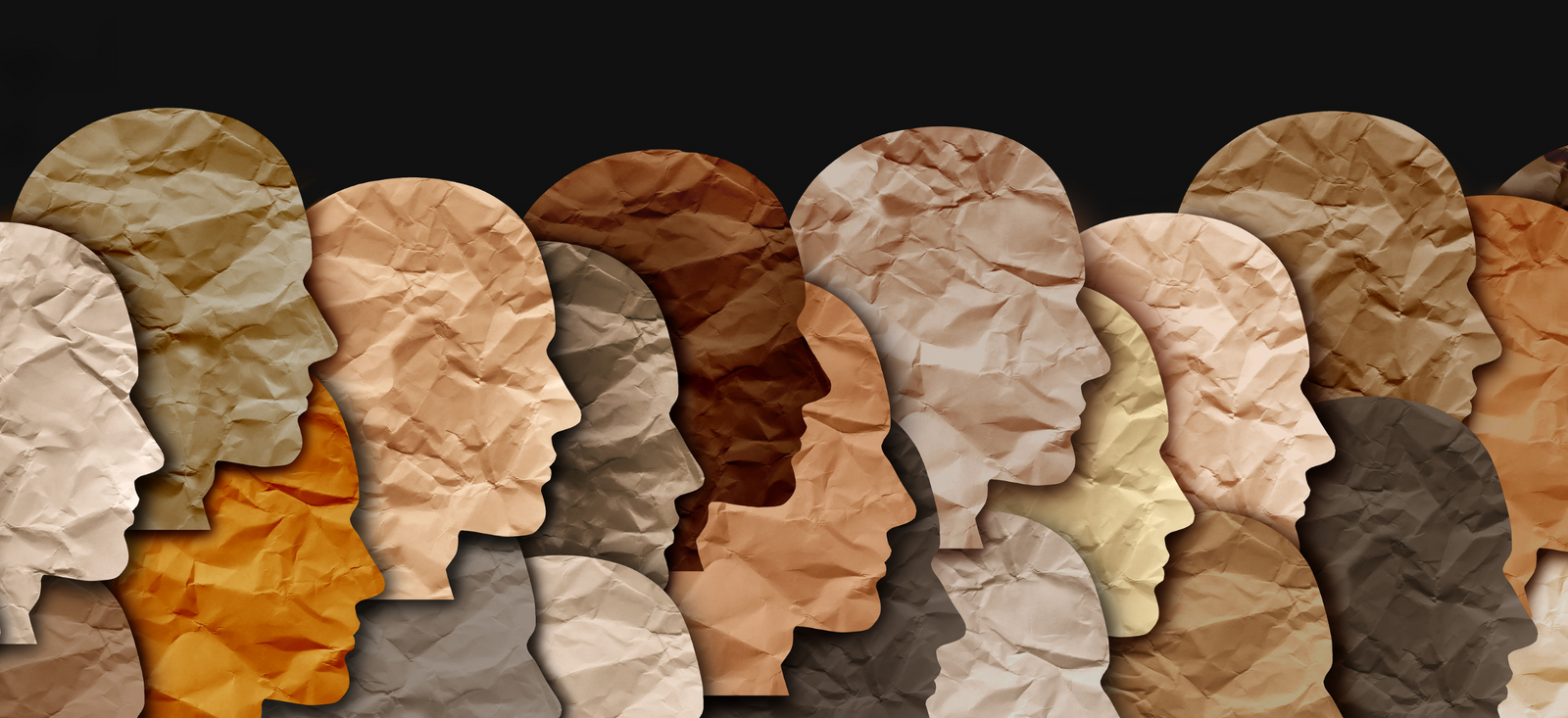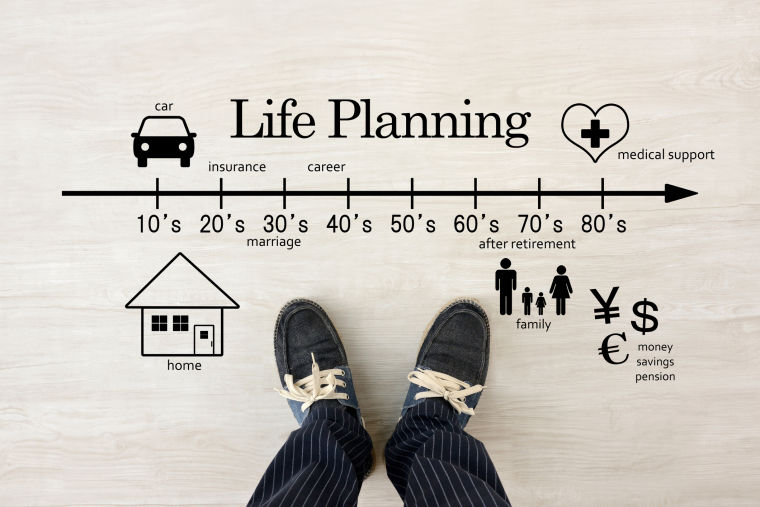The development of trust promotes the experience of values, which are currently in crisis in Peru. It also allows for the creation of community, an essential foundation when developing brands on a social level.
Building trust towards brands can be challenging in an environment where almost no one trusts each other. According to the Global Trustworthiness Index by Ipsos Global (2023), Peru is the country that has the least trust in its own people.
And how to do it?
We have a history of perennial corruption. In 2019, the Odebrecht scandal revealed how the last four presidents, up to that point, were involved in influence trafficking. This scenario not only generated great disappointment among the population but also caused a sense of hopelessness towards politics (96% of Peruvians consider that the level of corruption in the country is high, according to Datum International), reinforcing an idea that we had inherited since the colonial era: the culture of transgression.
According to Portocarrero (2004), the culture of opportunism originated from the Viceroyalty. In this period, the figure of the ruler at that time (the viceroy) enjoyed privileges due to the greater power he possessed.
This persisted throughout history and led to the belief that one could only succeed by taking advantage of social or economic power to promote one's own benefit. This culture is justified under the premise that if the rulers, who are chosen to benefit the people, end up doing it for their own gain, why couldn't citizens do the same?
This context poses a constant challenge for companies. Defining new products or services becomes difficult when trust in advertising and a brand's genuine intentions are eroded.
For example, one of the major obstacles companies face is in the realm of sustainability. Nowadays, consumers will reassess what matters most to them, affecting not only what they want and need but also their perception of what constitutes value (Mintel, 2024). That’s why successful brands will be those that make the most positive contribution to society beyond just providing good products or services. According to Ipsos Global Reputation Center studies (2017), it has been evidenced that as trust in a brand develops, there is a greater willingness to pay more for its products and engage more with its services. This trust also extends to giving the brand the benefit of the doubt in case of a crisis.
But how do we change this situation?
The problem is not solely with the brands. It is structural. And therefore, it requires collaboration with public policies.
In 2023, we conducted a study addressing the development of values in Peru. This was understood through the lens of tolerance to transgression (how willing people were to break social and legal norms) and national self-perception (how individuals perceived themselves as Peruvians). Both variables have demonstrated a strong correlation with the exercise of values in society in previous social studies (Gnadinger y Espinosa, 2018). The objective was to better understand the levers and initiatives to move within society to promote values, in collaboration with a non-governmental organization called 'Viva Vive Valores'.
In this line, we developed a research in two stages:
Qualitative stage: 12 in-depth interviews with individuals aged 25 to 55 in Lima and provinces. Quantitative stage: 500 national-level online surveys targeting individuals aged 18 to 55 across all socio-economic levels to assess the level of tolerance towards transgression, identification with Peru, and self-perception in order to evaluate the relationship between these three factors.
Our research concluded four critical points.
The Peruvian population holds a negative perception of the experience of values, which, interestingly, fosters greater awareness. 37% of Peruvians believe that their fellow citizens do not live by values, yet 59% are optimistic that this situation will change in the coming years. Those who acknowledge the crisis in values tend to define them as aspects that depend on their own identity.
High identification with Peru and a positive perception of Peruvians are linked to the rejection of transgressive behaviours. Two key variables, tolerance for transgression and self-concept, play a significant role in this situation. Economic well-being for oneself and one's family is non-negotiable. The risk of harming the family by doing the right thing can lead to a relativization of values.
Under a COM-B approach, three variables were identified:
Opportunities:
a) Barriers: Absence of public policies promoting values in environments such as schools or homes.
b) Facilitators: Spaces that develop soft skills and self-awareness/self-reflection.
Capacity:
a) Barriers: Economic limitations to access quality education.
b) Facilitators: Development of social awareness and critical awareness.
Motivation:
a) Barriers: Ease provided by the culture of transgression.
b) Facilitators: Rewards for practising values and demonstrating immediate effects in one's own community.
Women are key allies in the experience of values. They outperform in both tolerance for transgression and self-concept. Women, as agents of change, are not only the most critical but also have key roles as heads of the family in the Peruvian context.
In the context of our collaboration with the NGO "Viva Vive Valores," which provides schools, directors, and teachers with techniques to integrate values into the school curriculum, it is essential to emphasize the significance of addressing the identified barriers and leveraging the facilitators within the educational system.
This collaboration presents an opportunity to overcome the absence of public policies promoting values in schools and to develop the capacity for social awareness and critical thinking among students. By integrating these techniques, the educational system can play a pivotal role in fostering a culture of values among Peruvian youth, especially considering that teachers, scientists, and doctors are among the top three most trusted professions in Peru, according to IPSOS Global.
Companies that invest in educational programs and support the development of Peruvian society can seize this opportunity by forming alliances with women community leaders. This collaboration aims to foster academic excellence and cultivate critical awareness and a sense of belonging.



